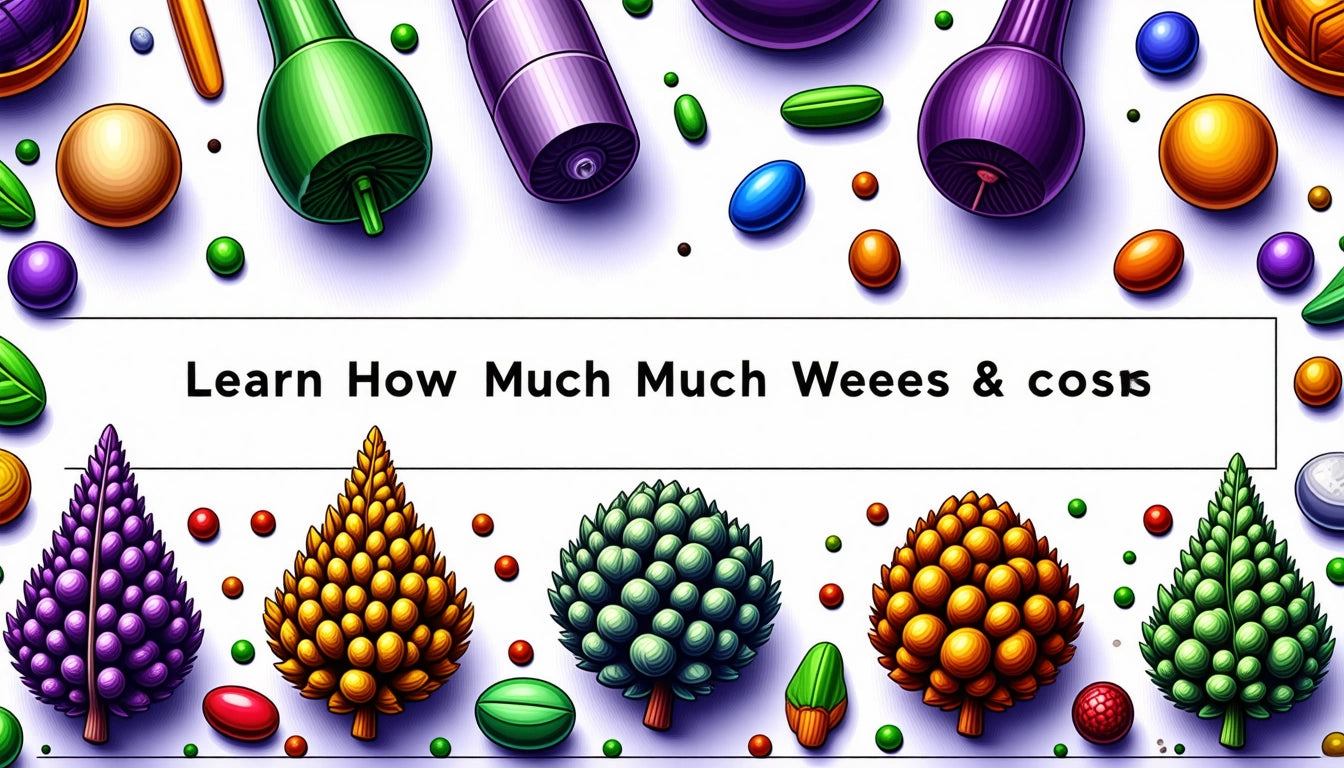Table of Contents
- Understanding Tourette Syndrome and Its Challenges
- Cannabis and Tourette Syndrome: What Research Shows
- How Cannabis May Work for Tourette Symptoms
- Best Cannabis Options for Tourette Syndrome
- Important Considerations and Potential Risks
- Patient Experiences and Anecdotal Evidence
- Future Research and Treatment Directions
How Cannabis May Help Alleviate Symptoms of Tourette Syndrome
Tourette Syndrome (TS) is a neurological disorder characterized by repetitive, involuntary movements and vocalizations called tics. For those living with this condition, finding effective symptom management can be challenging. While traditional medications provide relief for some patients, they often come with unwanted side effects. This has led many to explore alternative treatments, with cannabis emerging as a potential option for symptom relief.
Understanding Tourette Syndrome and Its Challenges
Tourette Syndrome typically begins in childhood, with symptoms often appearing between ages 5 and 10. The condition is characterized by both motor and vocal tics that can range from mild to severe. These may include:
- Simple motor tics (eye blinking, facial grimacing, head jerking)
- Complex motor tics (jumping, touching objects, smelling)
- Simple vocal tics (throat clearing, sniffing, grunting)
- Complex vocal tics (repeating words or phrases)
Beyond the tics themselves, many individuals with TS also experience comorbid conditions such as obsessive-compulsive disorder (OCD), attention deficit hyperactivity disorder (ADHD), anxiety, and sleep disturbances. These additional challenges can significantly impact quality of life and may respond differently to various treatments.
Cannabis and Tourette Syndrome: What Research Shows
The scientific investigation into whether cannabis helps with Tourettes has yielded promising, though limited, results. Several small-scale studies have examined the effects of cannabinoids, particularly THC, on tic severity and frequency.
A notable study published in The Journal of Neuropsychiatry and Clinical Neurosciences found that THC reduced tic severity in 12 adult TS patients without causing significant adverse effects. Another study in Pharmacopsychiatry showed that THC significantly reduced tics, obsessive-compulsive behavior, and premonitory urges in patients with TS.
This research aligns with findings on cannabis's effects on other neurological conditions, such as epilepsy and seizure disorders, where certain cannabinoids have demonstrated anticonvulsant properties.
How Cannabis May Work for Tourette Symptoms
The potential benefits of marijuana for Tourettes may be linked to the endocannabinoid system (ECS), which plays a crucial role in regulating movement, emotion, and cognition. Cannabinoids in cannabis, particularly THC and CBD, interact with this system in ways that may help reduce tics and associated symptoms.
THC appears to be particularly effective for tic reduction, possibly by modulating dopamine transmission in the basal ganglia, a brain region involved in movement control. Meanwhile, CBD may help address anxiety and sleep issues that often accompany TS, similar to its effects in conditions like PTSD.
Interestingly, the relationship between cannabis and movement disorders extends beyond TS. Research has also explored its potential benefits for Parkinson's disease and restless leg syndrome.
Best Cannabis Options for Tourette Syndrome
Strains and Cannabinoid Profiles
When considering the best cannabis for Tourettes, patients often report that balanced THC:CBD strains provide symptom relief without excessive psychoactive effects. Some potentially beneficial options include:
- Harlequin (1:1 THC:CBD ratio)
- ACDC (high CBD with minimal THC)
- Blue Dream (moderate THC with myrcene terpenes for relaxation)
- Granddaddy Purple (indica-dominant for evening tic relief and sleep)
Consumption Methods
The method of consumption can significantly impact the effectiveness of cannabis for TS symptoms:
- Vaporization offers quick relief for sudden tic episodes
- Tinctures provide longer-lasting effects with more precise dosing
- Edibles offer extended symptom management but require careful dosing
- Topicals may help with localized muscle tension associated with complex motor tics
For any cannabis product, especially those intended for medical use, proper storage in secure, child-resistant packaging is essential to prevent accidental ingestion, particularly in households with children.
Important Considerations and Potential Risks
While exploring whether weed helps Tourettes, several important considerations must be addressed:
Medical Guidance
Consultation with healthcare providers knowledgeable about both TS and cannabis is crucial. Cannabis may interact with certain medications commonly prescribed for TS, including antipsychotics and SSRIs.
Age Considerations
Most research on cannabis for TS has focused on adults. The developing brain may respond differently to cannabinoids, and legal restrictions typically limit cannabis use to adults, creating challenges for pediatric patients.
Potential Side Effects
Some individuals may experience adverse effects, including:
- Increased anxiety or paranoia with high-THC products
- Cognitive effects that may impact school or work performance
- Respiratory issues with smoked cannabis
- Potential for psychological dependence
These concerns echo those found in research on cannabis use for ADHD and bipolar disorder, where individual responses can vary significantly.
Patient Experiences and Anecdotal Evidence
Many individuals with TS report significant benefits from cannabis use, often describing relief that conventional medications failed to provide. Common themes in patient testimonials include:
- Reduction in tic frequency and intensity
- Decreased premonitory urges (the uncomfortable sensation preceding tics)
- Improved sleep quality
- Reduced anxiety and social discomfort
- Better overall quality of life
While anecdotal evidence should not replace clinical research, these consistent reports provide valuable insights into how cannabis may help manage TS symptoms in real-world settings.
Future Research and Treatment Directions
The question of does cannabis help Tourettes requires more comprehensive research to fully answer. Future studies should focus on:
- Larger, controlled clinical trials with diverse patient populations
- Comparison of different cannabinoid ratios and terpene profiles
- Long-term safety and efficacy monitoring
- Age-specific research to determine appropriate approaches for younger patients
- Development of standardized dosing protocols
As legal barriers to cannabis research continue to fall, the scientific understanding of its potential for TS treatment will likely expand. This may eventually lead to specifically formulated cannabis-based medications designed to target TS symptoms with minimal side effects.
For those considering cannabis as a treatment option for Tourette Syndrome, a balanced approach that combines medical guidance, careful product selection, and ongoing symptom monitoring offers the best path toward potential relief from this challenging neurological condition.











Leave a comment
All comments are moderated before being published.
This site is protected by hCaptcha and the hCaptcha Privacy Policy and Terms of Service apply.